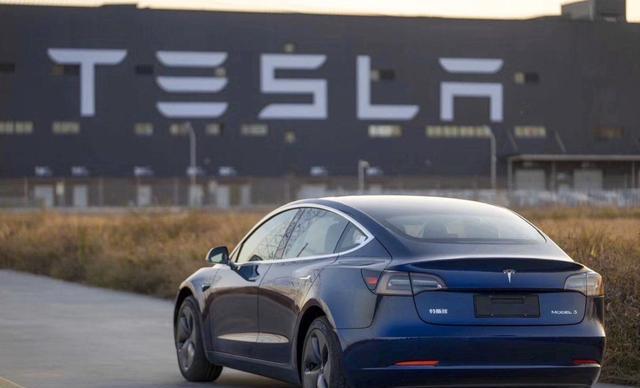If you talk about the world's largest outlet industry, then new energy vehicles are undoubtedly one of them. In the global automotive market, new energy vehicles have become the absolute mainstream, and there is a trend to replace traditional fuel vehicles. Taking China as an example, as of the end of the third quarter of this year, the number of new energy vehicles in China has reached 6.78 million, and the growth rate is very amazing.
In this case, countries now attach great importance to the new energy automobile industry. Not only many traditional car companies have begun to build new energy vehicles, but even some unrelated companies have also targeted this market, such as Apple, Evergrande, Xiaomi and so on.

However, under the situation that all countries pay full attention to the investment in new energy vehicles, there are exceptions, that is, Japan. Japan is clearly not so aggressive about the manufacture of electric vehicles.
Is it because Japan's car-making strength is not strong? The answer is clearly no. You know, Japan is one of the world's several car-making powers, and automobile manufacturing can be said to be Japan's advantage. Therefore, there must be other reasons behind Japan's failure to build electric vehicles.
It is worth mentioning that the head of the Japanese car giant Toyota has bluntly stated that electric vehicles are not the key to solving energy problems, but will cause more pollution. Electric vehicles, which are regarded by various countries as effective in reducing emissions, seem to have become "worthless" in the eyes of Japanese car companies.
In fact, although Japan is dismissive of electric vehicles, it has set its sights on developing hydrogen energy vehicles. Why is Japan more inclined to hydrogen than electric energy? Let's take a look.
First of all, although Japan is a developed country, there is still a problem of unstable power supply. In the event of special circumstances such as natural disasters, Japan will encounter a shortage of electricity supply. The supply of electric energy cannot be guaranteed, and it is undoubtedly extremely difficult for Japan to develop pure electric vehicles.
Secondly, the toyota leader is also right, although electric vehicles have less carbon emissions than fuel vehicles, they will still cause some pollution. In addition, the disposal of waste batteries, circuit boards, etc. is a problem for Japan, which has a small land area, because it is impossible to carry out large-scale unified treatment.
In contrast, if the hydrogen energy vehicle is successfully developed, then Japan can be completely assured in terms of environmental protection. Because the product of hydrogen fuel is pure water, the pollution to the environment is completely zero. Therefore, Japan, which attaches great importance to environmental protection, will be so favored for hydrogen energy vehicles.
In addition to environmental properties, hydrogen energy vehicles have other advantages. For example, compared with today's lithium batteries, hydrogen batteries can be stored for a longer time and have a stronger endurance. And the charging of hydrogen fuel is more convenient, there is no restriction on the charging pile, it only takes three or five minutes to fill up, which is the advantage of hydrogen energy vehicles.
It should be noted that Japan has a large dependence on imports in terms of energy. Based on this, if Japan's hydrogen energy technology can be developed and mature, then the significance to itself can be far more than hydrogen energy vehicles, and japan's energy security will be fully guaranteed.
Based on the above factors, although countries around the world are scrambling to develop electric new energy vehicles, Japan has always focused on the hydrogen energy sector. It can be said that this is the next step "big move". Japan also has certain achievements in hydrogen energy vehicles, Toyota's latest Mirai hydrogen energy vehicle, not only has the functions of most electric vehicles, but also a single driving distance can reach 800 kilometers.
It is foreseeable that perhaps in the near future, hydrogen energy vehicles will also become the new development direction of major car companies.
What is everyone's view on Japan's preemptive development of hydrogen energy vehicles? Feel free to leave a comment below to discuss.